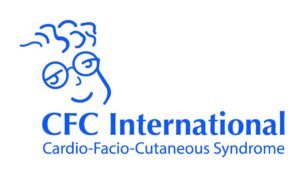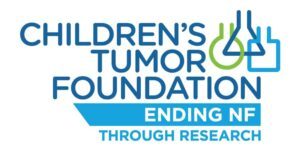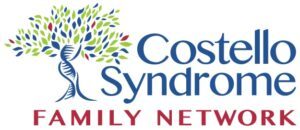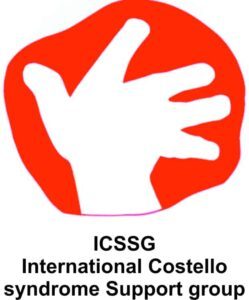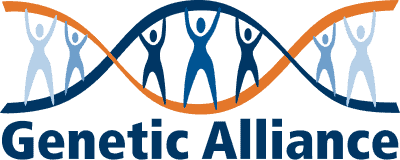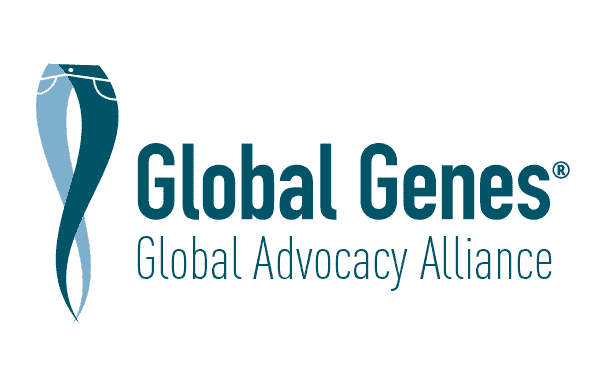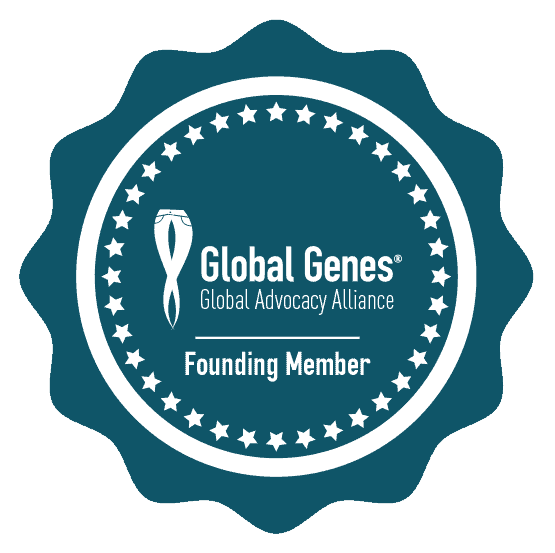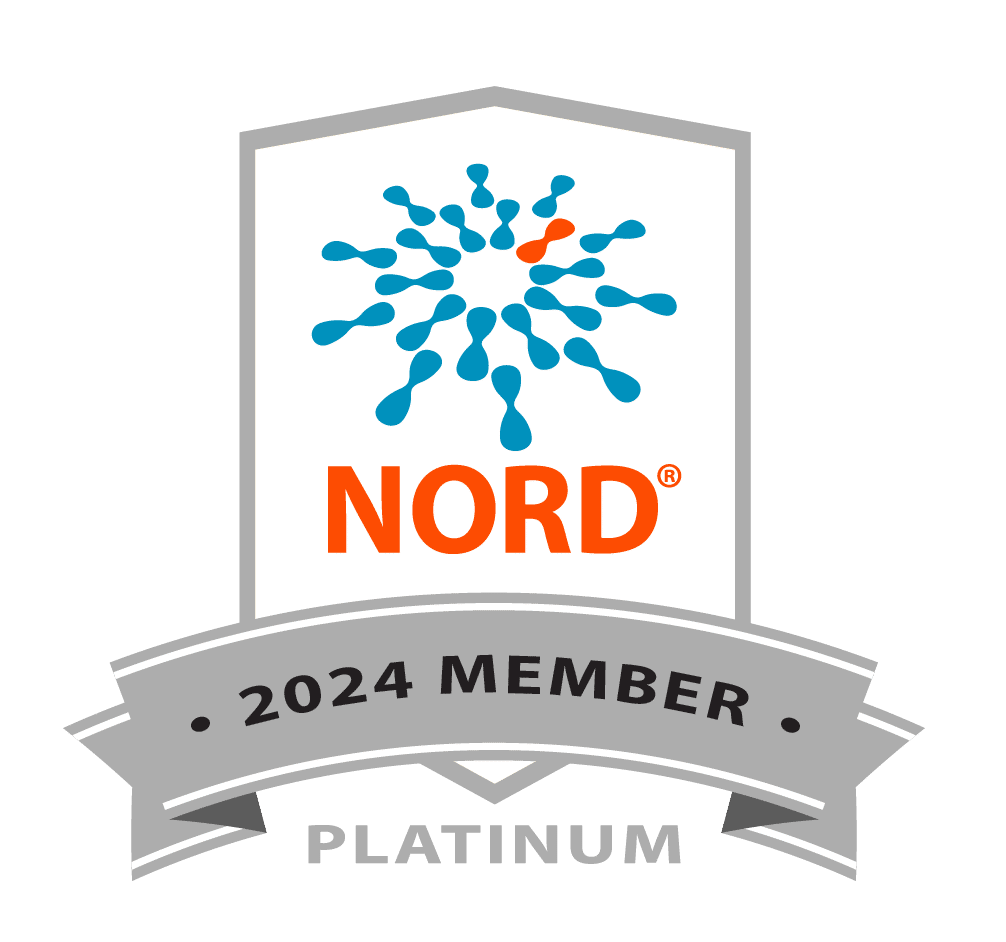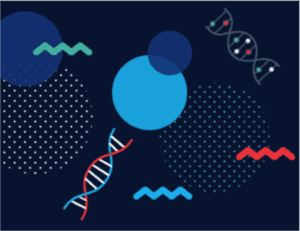 7th International RASopathies Symposium:
7th International RASopathies Symposium:
Pathways to Understanding – Expanding Knowledge, Enhancing Research and Therapeutic Discovery
July 23-25, 2021
VIRTUAL MEETING
Chairs
Maria Kontaridis, PhD, Masonic Medical Research Institute
Amy Roberts, MD, Boston Children’s Hospital
Honorary Chairs:
Marco Tartaglia, PhD, Bambino Gesù Children’s Hospital
Martin Zenker, MD, Universitätsklinikum Magdeburg
Lisa Schoyer, MFA, Principal Investigator
Lisa Schill, BS and Beth Stronach, PhD, Co-Investigators
The RAS/extracellular signal regulated kinase (ERK) pathway is critical for proliferation, differentiation and cell survival. Somatic mutations in components of this signaling pathway cause one third of human malignancies. Similarly, it has come to light over the last two decades that germline mutations in genes affecting RAS/ERK signaling also have significant impact, causing a group of developmental disorders termed RASopathies. While individually rare, collectively, RASopathies comprise one of the largest groups of congenital disorders worldwide estimated to affect ~1:1000-1:2500 individuals.Hence, the public health impact associated with altered RAS/ERK signaling due to somatic and germline pathogenic variants is enormous.
RASopathies are a family of systemic disorders related by molecular, genetic and phenotypic similarities. They include neurofibromatosis type 1 (NF1), Noonan and Noonan-like syndromes (NS, NSML, NS-LAH), Costello (CS) and cardio-facio-cutaneous (CFC) syndromes, among others. These syndromes have overlapping phenotypic features of varying severity, including facial dysmorphology; neurocognitive impairment; cardiovascular, musculoskeletal, cutaneous, and gastrointestinal problems; predisposition to cancer, and chronic pain. The symposium, marking 20 years since the identification of the first RASopathy causal gene, will continue a series of biennial meetings providing a venue for presentation and conversation among clinicians, researchers, genetic counselors, trainees, biopharma, and affected RASopathy families. The aim is to share and discuss (i) diagnostic and clinical best practices, (ii) new research results and case findings, (iii) progress in preclinical and therapeutic pipelines, (iv) the greatest needs of affected individuals and families with a RASopathy syndrome. The RASopathies have a profound impact on quality of life, requiring mobilization of considerable resources for ongoing medical care. Significantly, family and patient advocates are real-world experts who have been transformed by these conditions. This symposium provides unique access to affected families, as well as an opportunity for affected individuals to directly interact with researchers working on their respective conditions.
Advances in understanding RAS signaling mechanisms at the cell, tissue, and system levels highlight the broad impact of dysfunctional signaling for organ physiology and in the human population. Accordingly, the growing number of genes/pathogenic variants associated with RASopathies creates the need for frequent discussion among participants of how to identify, diagnose (e.g., molecular versus phenotypic), and manage the individual disorders. The symposium will be a timely celebration of the 20th anniversary of the first RASopathy gene publication, to reflect on progress, undefined knowledge gaps, and milestones needed for future progress.
Meeting objectives:
- Assemble a diverse group of stakeholders with myriad expertise to grow the community knowledge base
- Provide a venue for sharing and discussing:
- Unpublished and newly published scientific and clinical information pertaining to RASopathies
- Knowledge of current standards of care,emerging experimental models and potential therapeutics, and outcomes of cases treated with RAS pathway inhibitors
- Encourage families to share their experiences and concerns of living with a RASopathy and the primary issues that affect quality of life in an environment outside the typical doctor’s office or specialist visit
- Invite new and junior investigators from diverse backgrounds to engage with the RASopathies community and select several abstracts for oral presentation
- Gain a deeper understanding of the phenotypic manifestations of RASopathies at the tissue level, e.g. cardiovascular, neurocognitive, gastrointestinal, etc.
- Discuss newly identified genes to understand novel mechanisms of action and potential therapeutic targeting strategies for treating these disorders
- Disseminate knowledge gleaned from the meeting to both the scientific community and lay public
–~–
Thank You, Sponsors!
~~~ PLATINUM SPONSOR ~~~
Funding for this conference was made possible in part by Grant Award Number R13TR003727 from the National Center For Advancing Translational Sciences of the National Institutes of Health, with secondary assignment support from the Eunice Kennedy Shriver National Institute of Child Health and Human Development.
The views expressed in written conference materials or publications and by speakers and moderators do not necessarily reflect the official policies of the NIH; nor does mention by trade names, commercial practices, or organizations imply endorsement by the U.S. Government.
~~ GOLD SPONSOR ~~
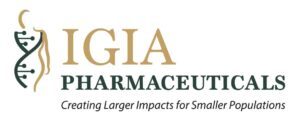
— SILVER SPONSORS —

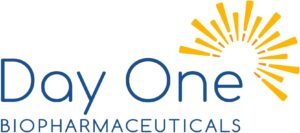
![]()
![]()



